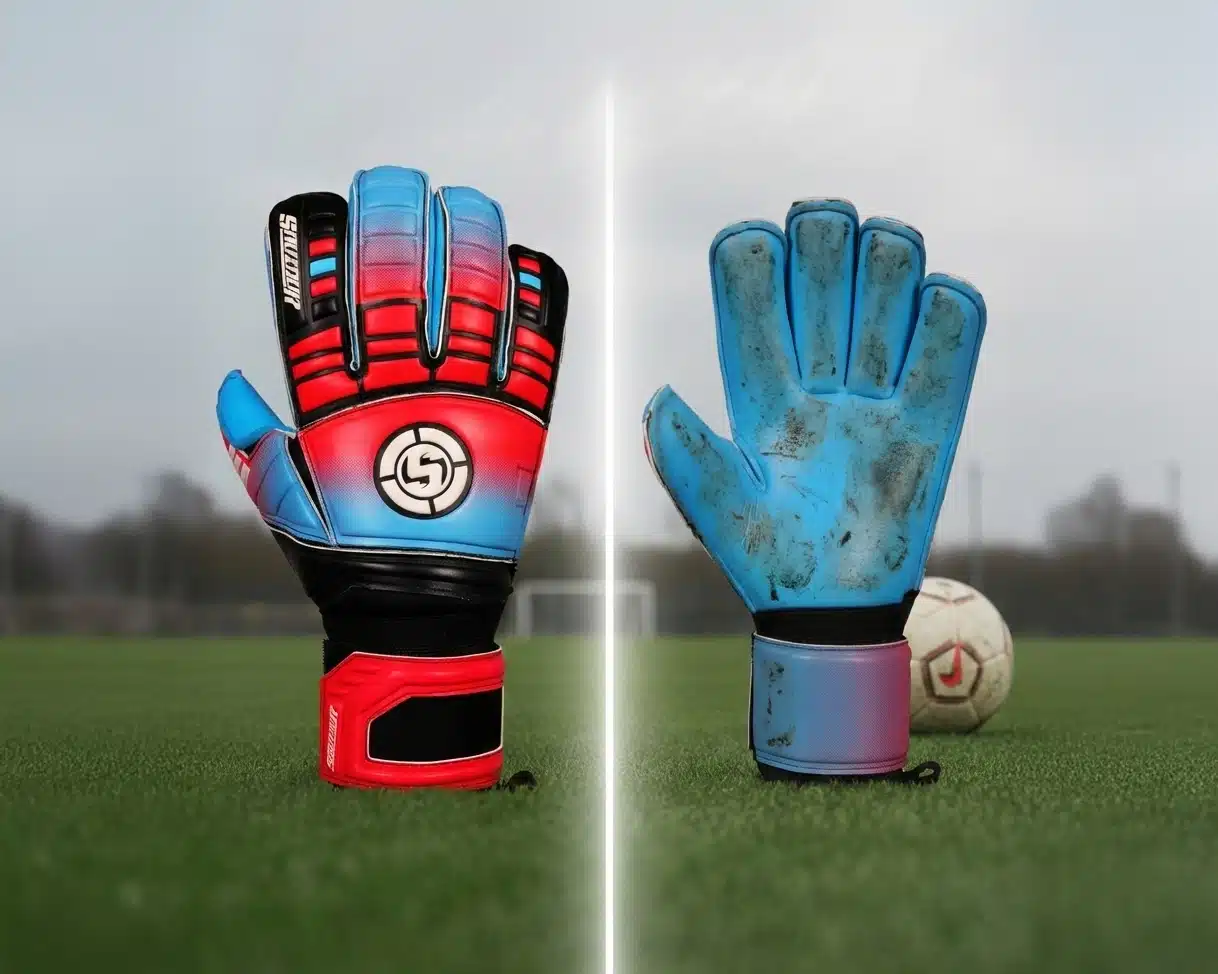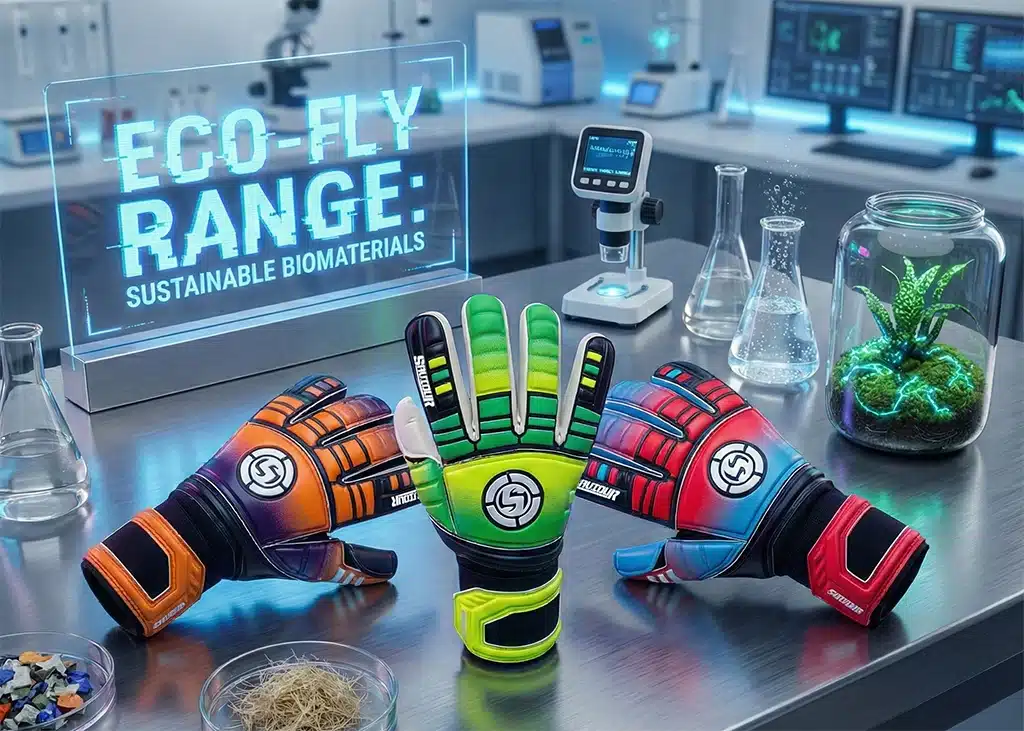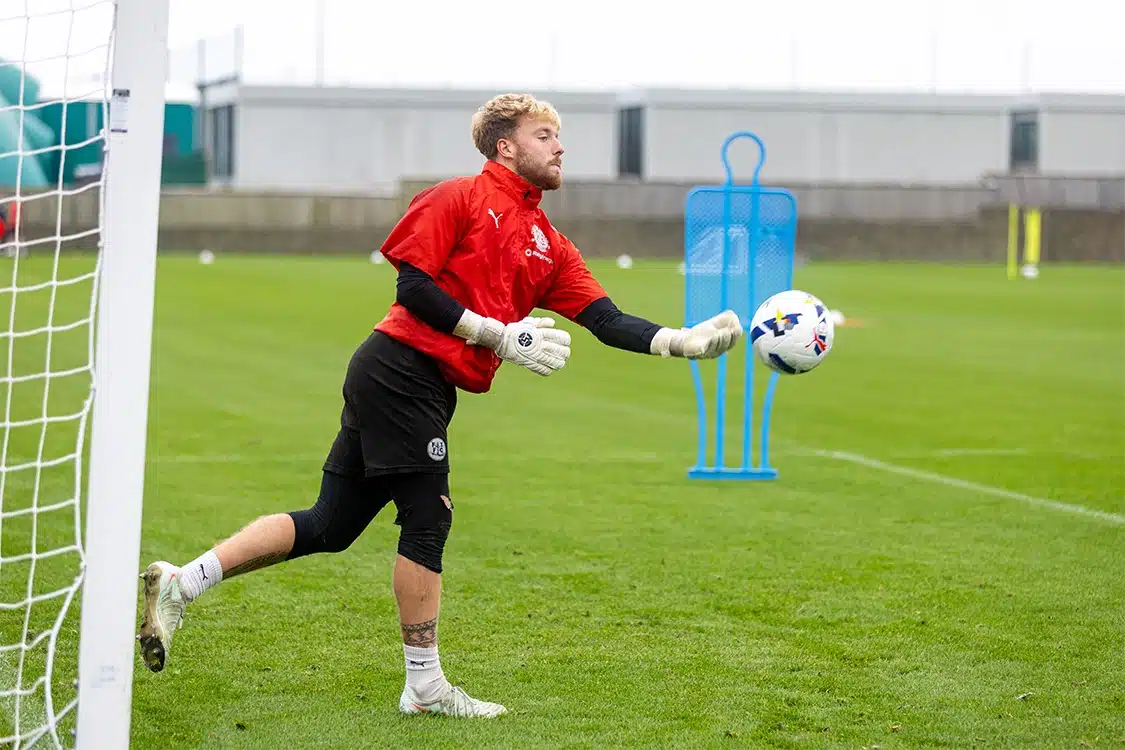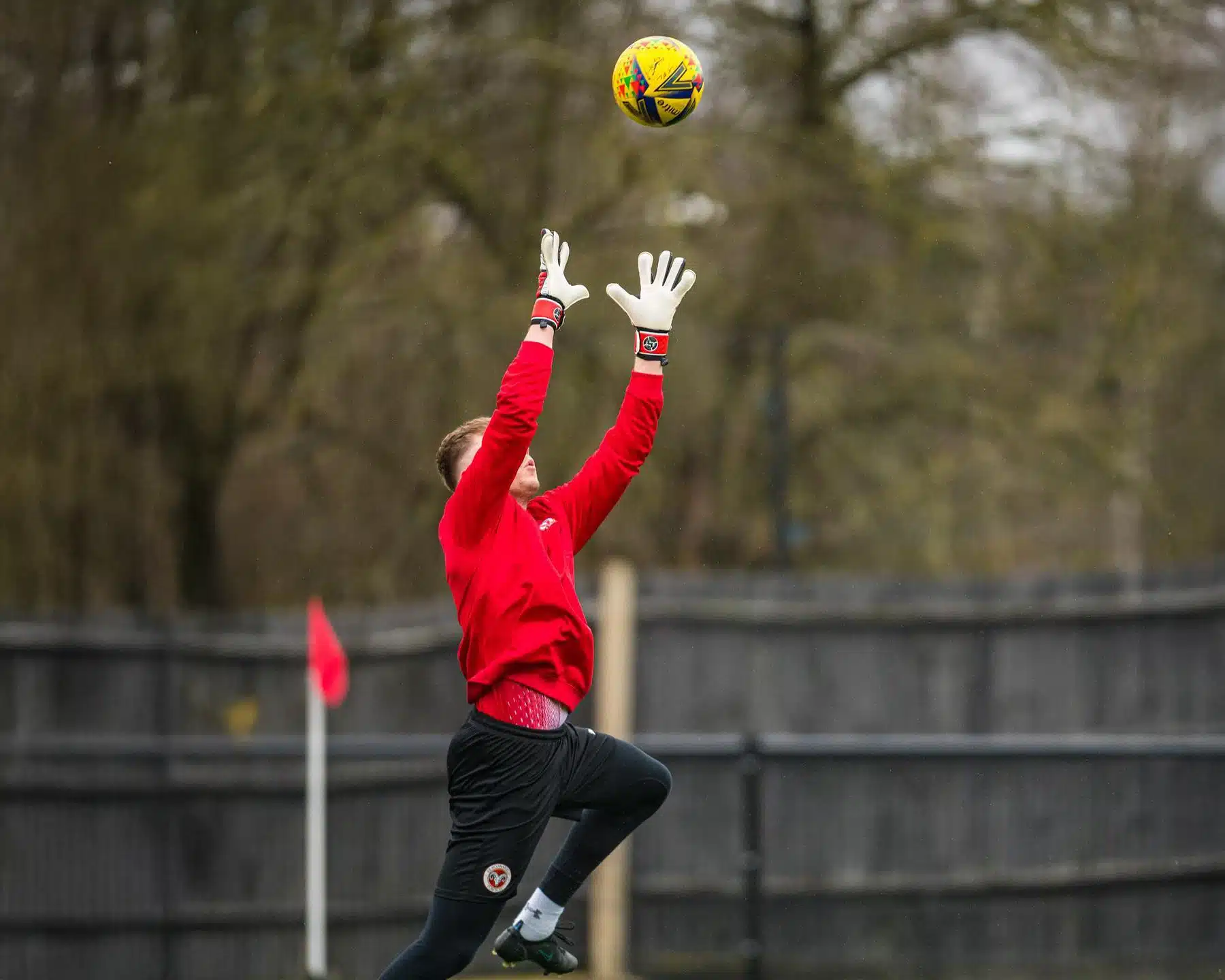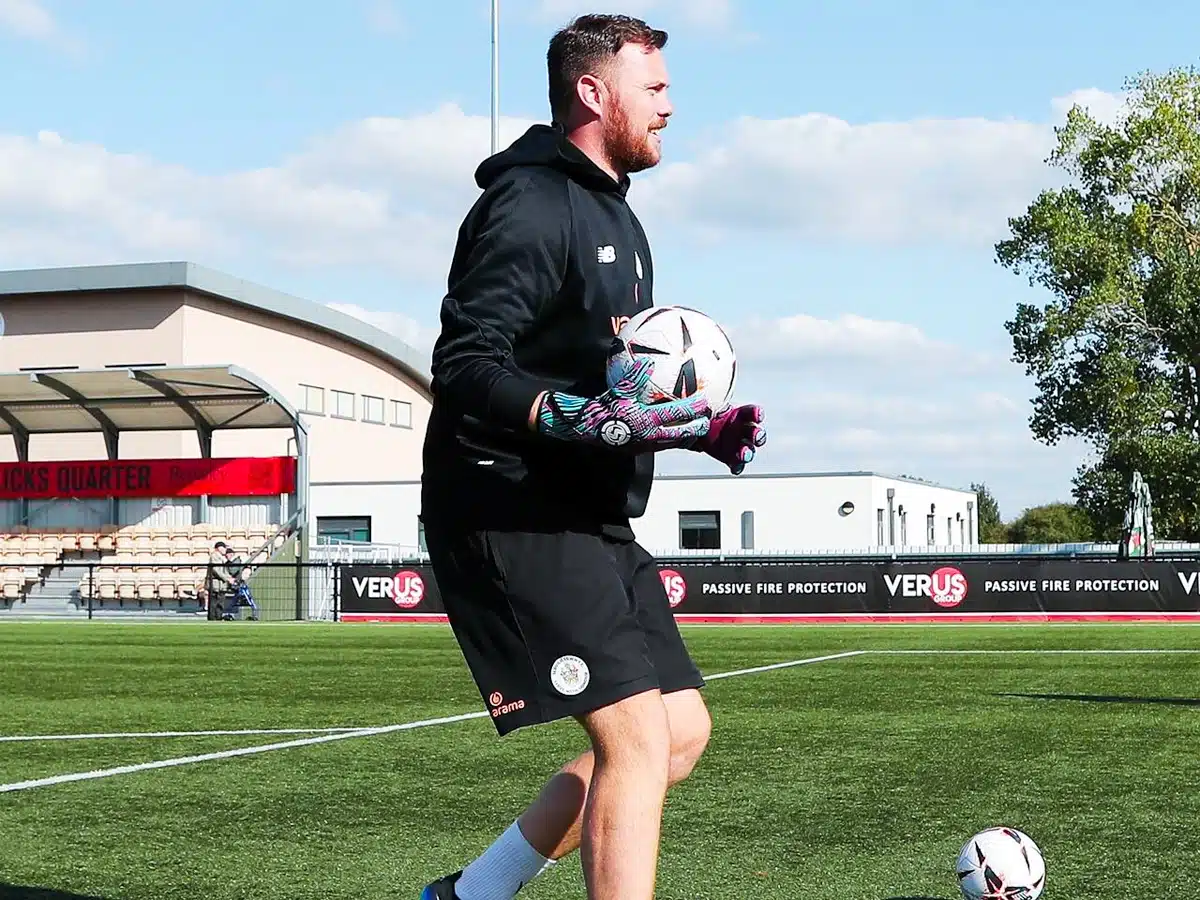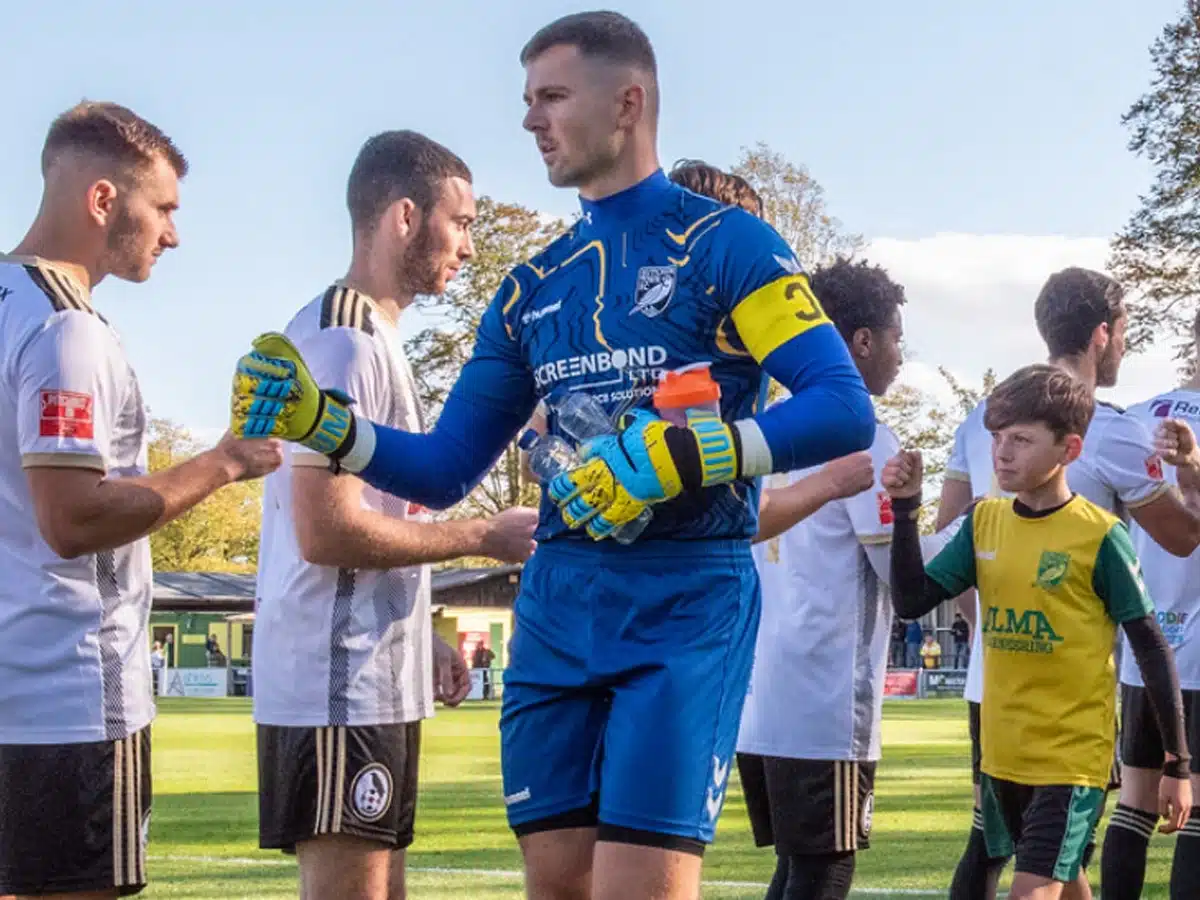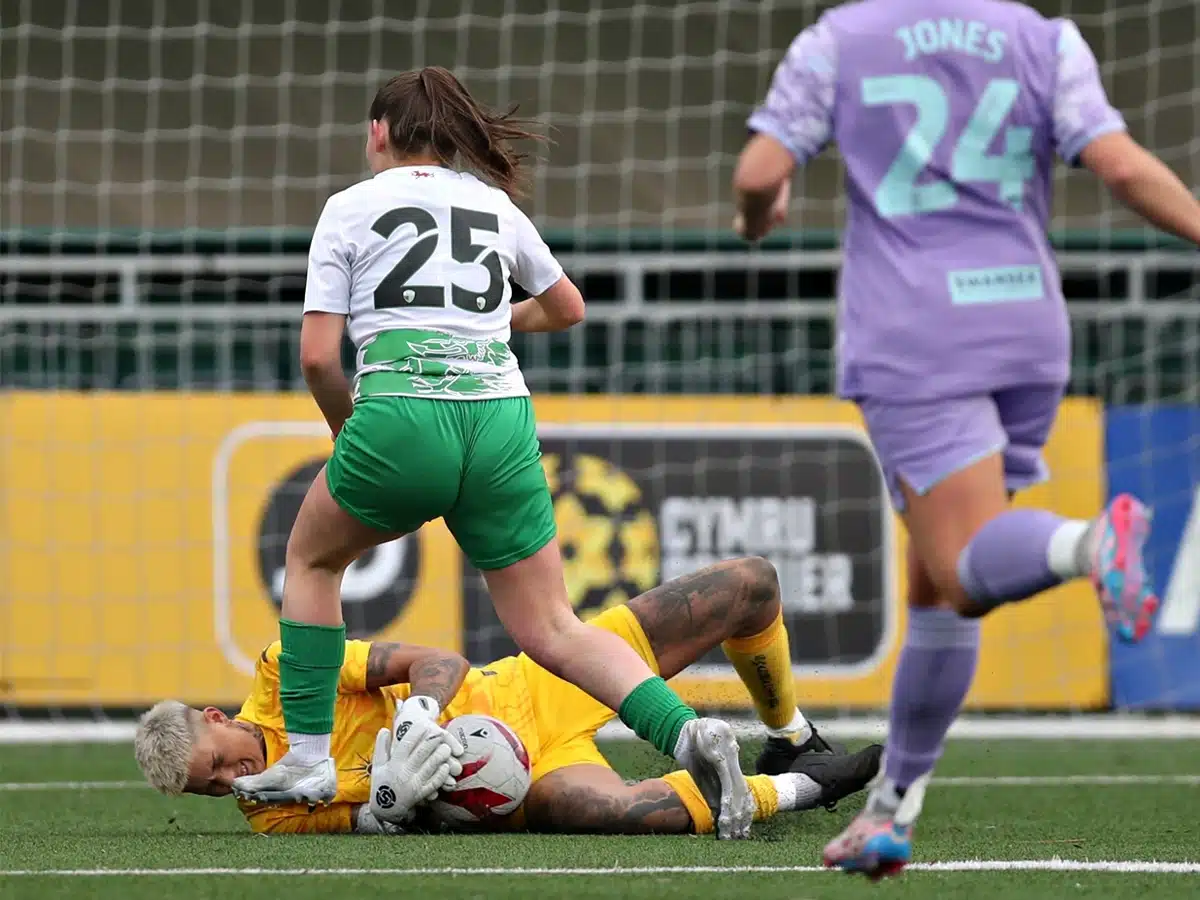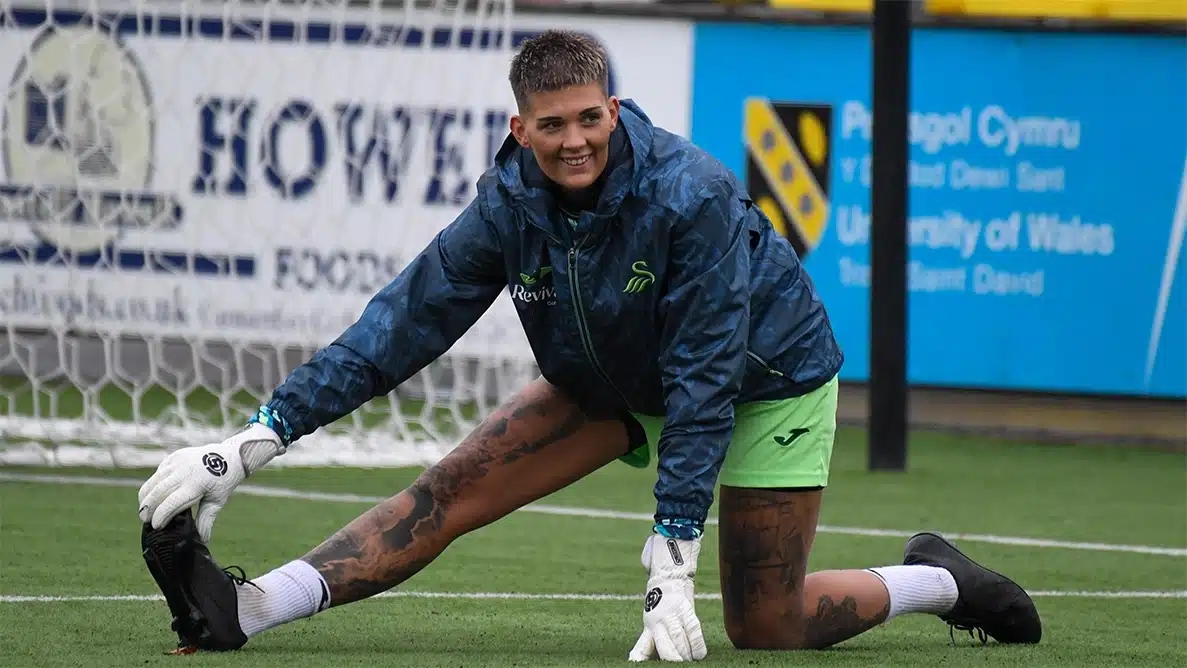Goalkeeper Mental Recovery: Bouncing Back Stronger After Setbacks

Exploring how goalkeepers bounce back stronger after challenging games
The Crucial Role of Mental Resilience for Goalkeepers
Goalkeepers occupy a unique position in sports, where their performances can be highly scrutinized, and errors are often glaringly visible. Understanding how to mentally recover from a bad game is essential not only for a goalkeeper’s performance but also for their psychological well-being. This guide delves into practical strategies that enhance mental resilience for goalkeepers, empowering them to manage setbacks effectively and maintain peak performance.
1. Recognizing Emotional Triggers and Managing Responses
The initial step in goalkeeper mental recovery involves identifying the emotional triggers that surface after a less-than-ideal game. Emotions like frustration, disappointment, or anxiety are common and valid feelings. Acknowledging and understanding these emotions allows goalkeepers to process and address them constructively, preventing them from undermining future performances.
2. Developing and Implementing a Reset Ritual
Creating a personal reset ritual can significantly aid goalkeepers in regaining their mental balance. This might include practices such as mindfulness meditation, detailed visualization of successful saves, or specific pre-game and post-game breathing exercises. These techniques help clear the mind, reduce stress, and restore confidence, enabling goalkeepers to approach each game with a fresh perspective and sharp focus.
3. Constructive Analysis of Performance
Instead of ruminating over mistakes, elite goalkeepers convert those experiences into learning opportunities. This proactive approach involves analysing game footage, discussing key moments with coaches, and adjusting training routines to address specific areas. Shifting the mindset from criticism to proactive improvement helps maintain self-esteem and motivates goalkeepers to develop their skills continually.
4. Cultivating a Supportive Network
The importance of a robust support system cannot be overstated. Regular interactions with coaches, mental health professionals, and fellow athletes can provide essential emotional support and practical advice. These interactions can help goalkeepers gain new perspectives on managing pressure and overcoming mental blocks, which is critical for their recovery and long-term development.
5. Embracing a Philosophy of Continuous Improvement
Goalkeepers should adopt a mindset focused on continuous improvement, viewing each setback as a stepping stone to greater success. This philosophy involves setting specific, measurable, and realistic goals for both training and matches, which helps maintain motivation and progress even when challenges arise.
Conclusion: Building a Legacy of Mental Strength and Resilience
Goalkeeper mental recovery transcends the ability to overcome a challenging match; it’s about forging a mindset equipped to handle and thrive from adversity. By integrating these resilience-building techniques into their routine, goalkeepers can not only enhance their performances but also significantly improve their mental health and career longevity. Embracing the journey towards mental fortitude is essential for any goalkeeper aiming to leave a lasting legacy in the sport.
Q1: What are some common emotional triggers for goalkeepers after a tough game?
A1: Common emotional triggers include frustration from missed saves, disappointment from the game’s outcome, and pressure from teammates or spectators. Recognizing these triggers is the first step in effectively managing them.
Q2: How can a goalkeeper develop a reset ritual?
A2: A reset ritual can be developed by incorporating calming practices such as deep breathing, progressive muscle relaxation, or visualization techniques. It’s about finding what specifically helps you clear your mind and regain focus.
Q3: Why is it important for goalkeepers to analyse their performance constructively?
A3: Constructive analysis helps goalkeepers learn from their experiences and avoid repeating mistakes. It shifts the focus from blaming oneself to understanding what can be improved, which is essential for growth and confidence.
Q4: How does having a supportive network help in mental recovery?
A4: A supportive network provides emotional comfort, diverse perspectives, and practical advice to manage stress and pressure. It helps goalkeepers feel understood and supported, which is crucial for mental health.
Q5: What does it mean to embrace a philosophy of continuous improvement?
A5: Embracing continuous improvement involves setting specific goals for ongoing development and viewing every setback as an opportunity to learn. This philosophy encourages resilience and ensures that goalkeepers remain motivated and engaged in their personal and professional growth.
SHOP SAVIOUR GK GOALKEEPER GLOVES
For more insights on goalkeeping essentials and to find your perfect pair of gloves, visit our Goalkeeper Glove Shop or for more in depth information check out our Glove Cut page, Size Guide, or Glove Care Section.
Other Relevant Article: Better Goalkeeper Decision Making


